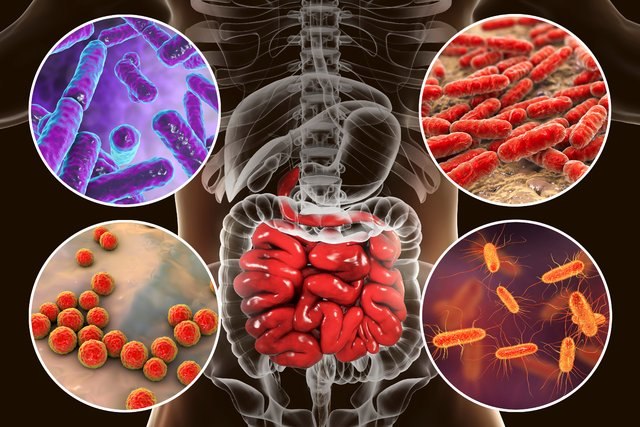Trouble losing weight? Trouble keeping it off?
I dare you to try this. And if nothing changes in 90 days, you can return to doing things as you were. No harm, no foul.
1. Remove all foods that contain milk, cheese, or butter.
2. Reduce the amount of animal-based proteins(meat and eggs) to less than 10% of your caloric intake.
3. Let all of the produce you eat appear on your plate the way it did when it was harvested. In other words, not processed in any way. Cooking vegetables, legumes, and potatoes(tubers/roots) is okay.
4. Don’t eat carbohydrates UNLESS they are in their original form as mother nature created them. Of these, you can eat as many as you like. Syrup and refined sugars are the problems, not whole fruits, vegetables, and legumes.
The reason why this kind of eating plan works is because of the nutrient density of foods when consumed in this manner. Animal-sourced foods are extremely dense and packed with nutrients, while produce is comparatively low in nutrients. By consuming a whole-food diet where ALL of the plant fiber remains intact, you will find that it is the intact fiber itself that is the caloric rate limiting mechanism that will keep you from consuming too many nutrients. This will also eliminate all processed junk foods from your plate.
Continue further if you would like to understand why this works…
Nutrient density is the problem. Our body needs just the right amount of all of the good stuff. Not too little, and not too much.
Overnutrition, or consuming an excess of nutrients or calories, can lead to several health problems, including:
- Obesity: Consuming more calories than the body needs can cause weight gain and eventually lead to obesity, which is a major risk factor for several chronic diseases.
- Type 2 diabetes: Overconsumption of calories, especially from simple carbohydrates and sugars, can lead to insulin resistance, a condition where the body can’t use insulin effectively. This can eventually lead to type 2 diabetes.
- Cardiovascular disease: A diet high in saturated and trans fats, cholesterol, and salt, and low in fruits, vegetables, and whole grains, can lead to high blood pressure, high cholesterol levels, and atherosclerosis, all of which increase the risk of heart disease and stroke.
- Fatty liver disease: Overnutrition can cause the liver to store excess fat, leading to nonalcoholic fatty liver disease (NAFLD), which can progress to more serious liver damage.
- Certain cancers: Overnutrition can also increase the risk of certain cancers, such as breast, colon, and prostate cancer.
- Kidney disease: Consuming excessive amounts of protein can put a strain on the kidneys, leading to kidney disease and kidney stones.
The answer. Nutrient Restriction.
Caloric restriction refers to reducing calorie intake while maintaining proper nutrition to promote better health and longevity. Here are some potential benefits of caloric restriction:
- Increased lifespan: Studies in animals have shown that caloric restriction can extend lifespan by up to 50%.
- Improved metabolic health: Caloric restriction has been shown to improve insulin sensitivity and reduce the risk of type 2 diabetes, heart disease, and cancer.
- Reduced inflammation: Caloric restriction may reduce inflammation in the body, which is associated with many chronic diseases.
- Improved brain function: Caloric restriction has been shown to improve cognitive function and reduce the risk of age-related cognitive decline.
- Delayed aging: Caloric restriction has been shown to delay many age-related changes, including oxidative stress and DNA damage.
- Protection against age-related diseases: Caloric restriction has been shown to reduce the risk of many age-related diseases, including cancer, Alzheimer’s disease, and Parkinson’s disease.
